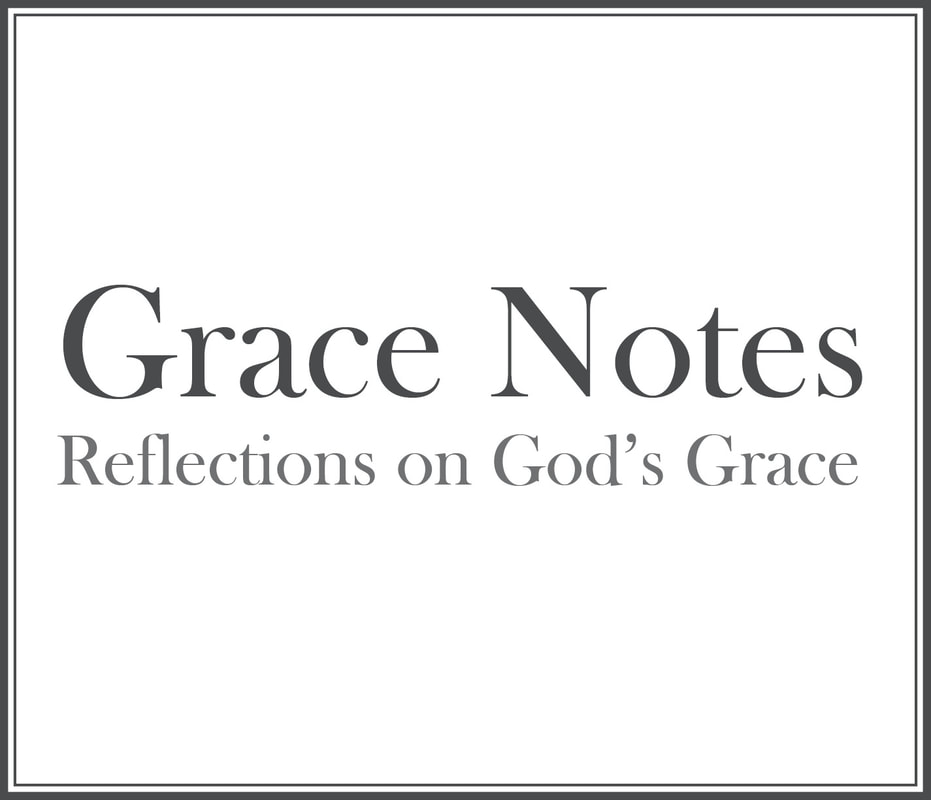 This spring one of the synods of the Evangelical Lutheran Church in America had to cancel its annual assembly because they couldn’t gather a quorum. A synod’s assembly elects leaders and adopts budgets. A synod’s assembly affects every congregation in the synod, yet they couldn’t make it happen. Our congregation had to cancel Vacation Bible School this summer due to a lack of interest. Congregations all over are registering lower participation levels in all aspects of congregational life. The pandemic did not cause this – but it accelerated it. Twenty years ago, the average church member attended worship twice a month or more. Today it is once a month or less. The first response to this trend of growing non-participation is that we must be “doing it” wrong. We haven’t adapted to change. We haven’t given people what they want and need. The church is not trying hard enough or saying the right words. There is perhaps some truth to this. Congregations can make lots of choices that are not helpful.
A second response is to “repackage” and work to make the church more attractive or more “relevant” to people. We offer the church as a better way to be busy or a more correct way to live. This is what churches that offer a “prosperity gospel” or a “self-help” model do as they promise an economically blessed or more fulfilling life if you come to church. This is a marketing maneuver, I think. It either immediately, or eventually, robs the gospel of its grace and love as we prescribe works that are necessary to save us. It seems to me, however, that the larger issue is that these are a sign of the times. In a world that is more and more secular – meaning that God and faith have less and less and less to do with the individualized “search for the self,” in an age where the necessity of community is eclipsed by individualism, in an age where “busyness” is the means to measure life instead of depth, wisdom, meaning, the church is more and more unnecessary for more and more people. In 1950, 73% of people said they belonged to a religious organization. In 2020, it was 47%. Since 1998, every generation (Traditionalists born before 1945, Boomers born between 1946-64, Gen X born between 1965-80, Millennials born between 1981-1996, Gen Z born between 1997-2002) has become less affiliated with religious organizations. In the late nineties, only about 10% of people said they had no religious affiliation at all. Today the number is climbing toward 40%. The younger the generation, the fewer affiliate. Parents have always been the biggest influence on the faith of their children. As each successive generation of parents moves away from the church a little more, their children move even farther. Does this mean the Church is dying? Does it mean that faith is dying? In some ways, I have to say, “Yes.” Death is here. The ways we think about church, faith, discipleship, membership, and worship, are all undergoing changes that will kill off what we thought was the truth. Yet, the future of the Church is not in our hands. The Church belongs to Jesus Christ through the power of the Spirit. While the church is dying, it is also rising. Our congregation, for instance, continues to attract people who want to be here – although for different reasons than days gone by. We are doing more than ever to serve our neighbors and make a difference in the world. We’re seeing participation in ministry changing to different models and ways of connecting. God is doing a new thing – if we can just discern what it is! There are lots of questions about how we address this dying and rising. I must say that I don’t feel like I have lots of answers. The thing I know most deeply is that I don’t know much! The questions, however, I do know.
There are a hundred or more questions, and so far, clear answers are fleeting or not forthcoming. That is, however, where faith enters. The future, even when uncertain, is not ours to fashion. We are called to trust that God is now and will be the answer to every question and calamity. So, we let the church die, so that God might raise it up in ever new ways. Pax Christi, Tim Olson – Lead Pastor Image by Dale Forbes from Pixabay
0 Comments
Leave a Reply. |
Categories
All
Archives
July 2024
|


 RSS Feed
RSS Feed

